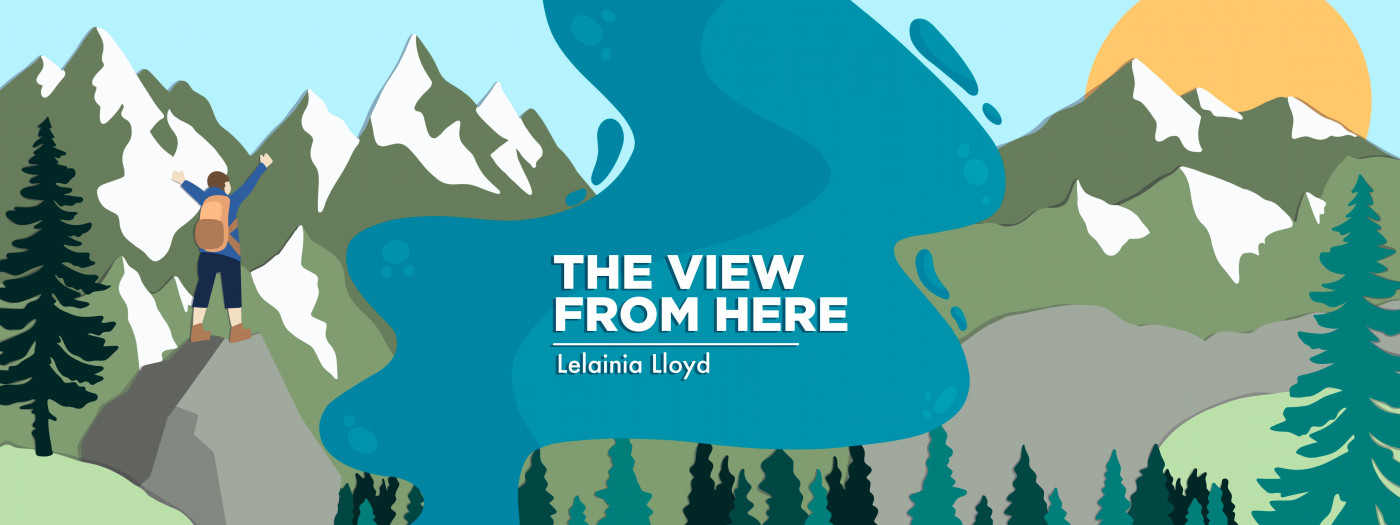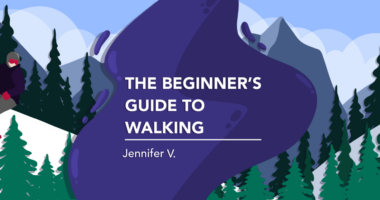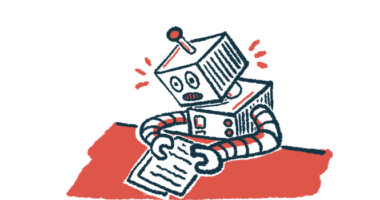Volunteering Allows Me to Give Back to the Health Community

In the first five years after my neuromyelitis optica (NMO) diagnosis, my health took a sharp nosedive, which shook up everything I thought I knew about my future.
Suddenly, my body was betraying me in a major way. My limbs stopped working properly, my vision was all over the map, and I was in excruciating pain. Living with that pain meant that my sleep was fractured. I’d wake up constantly during the night, which left me so tired that even doing the smallest things was a struggle.
One year after my diagnosis, my pain specialist told me I needed to stop working because my pain levels were leaving me barely functional. I’d worked hard to build a career teaching mixed media art, writing articles about art, and creating art for publication in books and magazines. Being told I had to walk away from all that was soul-crushing — not to mention financially devastating — but I had no choice.
It took me a long time to recover mentally and emotionally from that blow. It was hard to have my life reduced to going to endless medical appointments and sitting at home twiddling my thumbs. Completely adrift, I felt no sense of purpose. It wasn’t good for my mental health.
Eventually, I couldn’t stand it anymore and returned to the one thing I knew would help lift my spirits: volunteering.
I began volunteering when I was just 5 years old by visiting an isolated senior in my community, and I quickly learned something that would serve me my entire life: I was my happiest and best self when I was helping others. It was just the medicine I needed.
By chance, I heard about a volunteer opportunity at precisely the right time. The University of British Columbia’s interprofessional Health Mentors program was looking for patients and caregivers who would be willing to work with a group of healthcare students from a variety of disciplines. The premise was that health mentors would meet with students and share their lived experience to help teach students about patient-centered and collaborative care. I saw this as an opportunity not only to return to teaching, which I’ve always enjoyed doing, but also to help raise awareness in the medical community for my rare disease.
I joined the Health Mentors program in 2012, a year after it launched, and I’m still there, 10 years later, with nine cohorts under my belt. It turned out to be an immensely rewarding experience. Some of my students have been future doctors, nurses, kinesiologists, occupational and physical therapists, dentists, and pharmacists, while others were from the population and public health program.
Last summer, I was cared for during infusions at two different clinics by two nurses who were graduates of the Health Mentors program. I could feel the difference in the way they delivered my care, and witnessed the nurses modeling patient-centered care to their co-workers.
I read a quote by author Nelson Henderson many years ago that said, “The true meaning of life is to plant trees, under whose shade you do not expect to sit.” This is how I’ve always thought about the work I do with this program. To unexpectedly have the chance to sit in the shade of the trees I helped plant was extremely gratifying. That full-circle moment reinforced for me the impact the program is having on the future of healthcare in the most meaningful way.
Being involved in the Health Mentors program lifted me out of the dark hole NMO unceremoniously dumped me into. It gave me a sense of purpose and helped assign meaning to the difficulties I’ve encountered with this disease. Now, instead of always thinking, “Why is this happening to me?” and feeling powerless, my perspective has shifted to “How can I use this experience to teach my students and inform their practice?”
While chronic pain still deeply affects my life, my ability to cope has improved. For me, the best way to cope with life’s hardships is to lose myself in the service of others. It’s how I’ve found myself, too.
***
Note: Neuromyelitis News is strictly a news and information website about the disease. It does not provide medical advice, diagnosis, or treatment. This content is not intended to be a substitute for professional medical advice, diagnosis, or treatment. Always seek the advice of your physician or other qualified health providers with any questions you may have regarding a medical condition. Never disregard professional medical advice or delay in seeking it because of something you have read on this website. The opinions expressed in this column are not those of Neuromyelitis News, or its parent company, Bionews, and are intended to spark discussion about issues pertaining to neuromyelitis optica spectrum disorder (NMOSD).







Leave a comment
Fill in the required fields to post. Your email address will not be published.